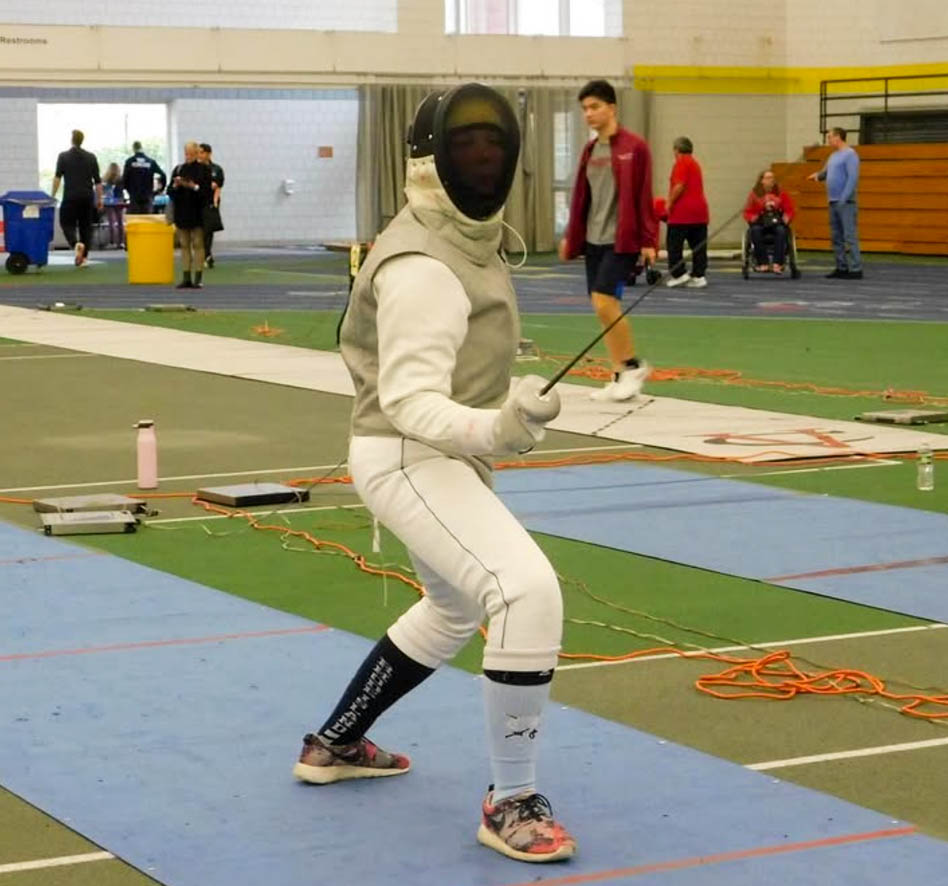President Donald Trump signed executive order “Keeping Men Out of Women’s Sports” on Feb. 5, targeting transgender athletes across the country and threatening to cancel funding to schools that do not comply.
Shortly after, the NCAA announced it would be complying with the order and only allow “student athletes assigned female at birth” to compete in women’s collegiate sports. The policy for men’s sports did not change and still allows student athletes to participate, regardless of sex assigned at birth.
NCAA President Charlie Baker has stated he knew of “less than ten” transgender athletes competing in NCAA schools, according to The Hill. There are over 500,000 student athletes competing in the NCAA, as stated by the NCAA.
The University of Rhode Island does not have any out transgender athletes competing at the varsity level in the NCAA. However, there are a number of athletes at the club level that identify as transgender. URI is a Division I NCAA member and subject to “disciplinary and corrective actions” if found violating any rules, as stated on the NCAA website. The NCAA does not specify what those actions could be.
Joy Ellison, assistant professor of gender and women’s studies, is worried about the precedent the executive order sets. Ellison is one of the few openly transgender faculty members at URI.
“We need a trans inclusion policy in athletics that goes beyond complying to existing regulations,” Ellison said. “Orders like this are an attempt to scapegoat the most vulnerable people in our society. URI needs to step up to the plate and make a commitment to protecting trans people on campus.”
“Keeping Men Out of Women’s Sports” follows the definition of “woman” laid out in Executive Order 14168. Titled “Defending Women from Gender Ideology Extremism and Restoring Biological Truth to the Government,” it defines women as people “belonging, at conception, to the sex that produces the large reproductive cell.” The order also states that the United States will only recognize two sexes and does not recognize gender identity.
Kyle Murphy, a third-year fencer, is a transgender man who competes on the women’s team. Murphy said he competes on the women’s team both because he is not on hormones, and also because the women’s team needed bodies. The fencing club needs 12 participants on men’s and women’s teams for regional and national championships.
“I’m not on hormones or anything, so I’ve been competing under the women’s category,” Murphy said. “I fence against trans women and like, do they now have to fence under the men’s category?”
Fencing is overseen by the NCAA or the United States Association of Collegiate Fencing Clubs. The USACFC follows USA Fencing rules, which has different rules than the NCAA. In the USACFC, athletes assigned female at birth can compete on women’s teams as long as they have not begun testosterone hormone therapy. Athletes assigned male at birth can compete on women’s teams after completing one year of testosterone suppressant treatment.
As of right now, Murphy’s participation in fencing would not be affected, even if the sport was overseen by the NCAA or the USACFC. With the new NCAA guidelines, athletes assigned male at birth cannot compete on women’s teams, with or without hormone therapy. Athletes assigned female at birth can compete on women’s teams as long as they have not begun testosterone hormone therapy. Athletes who are assigned female at birth cannot compete on women’s teams once they have begun hormone therapy or the team will not be allowed to compete in the women’s championships.
“The NCAA schools maybe [will ban transgender participation in athletics], just because, as you said, that the NCAA has already been complying with kicking out trans people,” Murphy said. “At the club level, I feel like might not, like they probably aren’t going to care.”
Savannah Miner, a first-year sailor, is also worried about what this could mean for their future as a non-binary athlete.
“Well, I mean, I think I’m the only person on the team that anything might affect and [the executive order] wouldn’t really affect me,” Miner said. “It’s not really, not something I feel like our team would worry about.”
Sailing is not overseen by the NCAA, so Miner won’t be affected by the NCAA’s decision to comply with the order. The Inter-Collegiate Sailing Association has both a women’s division and an open division, where male and female athletes compete head to head.
Athletes are allowed to compete in whichever division aligns with their gender identity, according to ICSA rules. Non-binary students, like Miner, are allowed to compete on whichever team they want.
Miner is still concerned about other athletes, like ones from their home state of Kansas.
“I’m lucky to live in a very blue county in Kansas, but it’s different,” Miner said. “So the one thing that makes me worried about this is I have friends in sports back at home that might be affected by this, or their teammates might be affected by this.”
The executive order has been included in a lawsuit filed by two transgender girls in New Hampshire.
“The systematic targeting of transgender people across American institutions is chilling, but targeting young people in schools, denying them support and essential opportunities during their most vulnerable years is especially cruel,” said Chris Erchull, senior staff attorney at GLBTQ Legal Advocates and Defenders, in a GLAD Law article.
The lawsuit alleges that Trump’s executive order, along with New Hampshire house bill 1205, violates Title XI. The athletes involved are 15- and 16-years-old.





